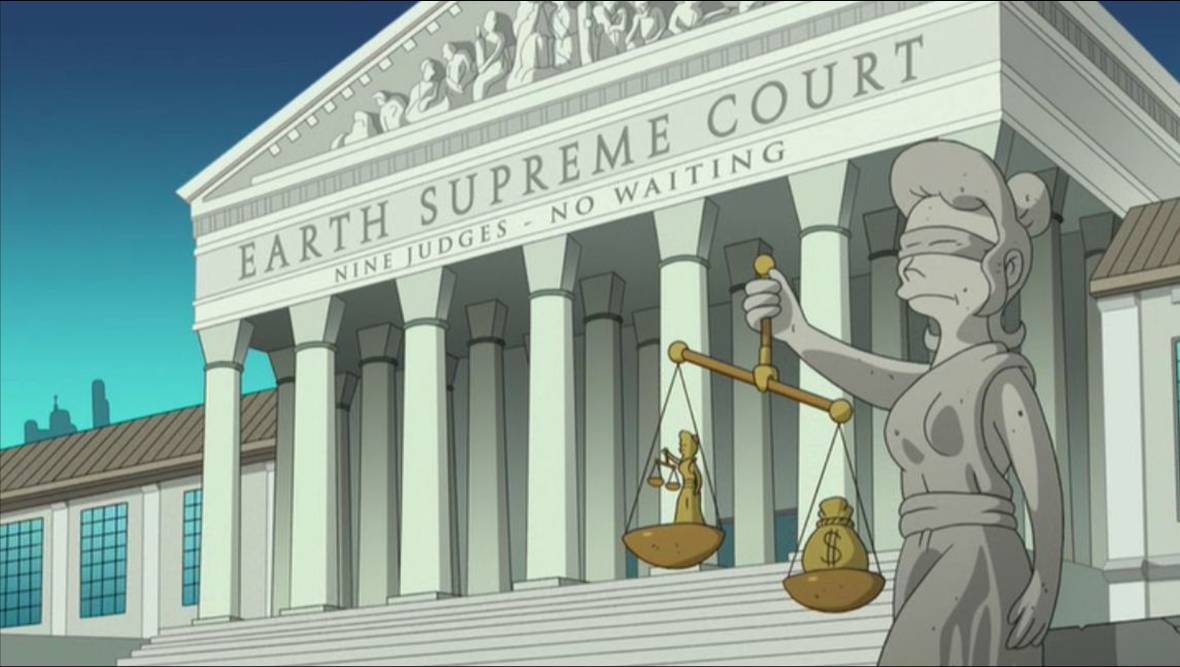UC Irvine is a fine institution, and it’s predominately Asian. Take for instance the Ayala Science Library. Its art deco exterior screams “Murcah!” loudly enough for the nearby Ayn Rand Institute to hear, but inside sits a disturbingly stereotypical number of Asians doing what Americans believe they do best — studying. I’m well aware of the studious Asian stereotype, and I’m not interested in blindly perpetuating stereotypes. But I went to Ayala and it is, in fact, filled with Asians.
Very white — and not a smoker, cellist or online gamer — I definitely stuck out when I went to the library one Friday in June to play sudoku and listen to folk rock. But there is an art to blending in by sticking out, and I was able to use my whiteness as a cloak under which I could spy on some Asians.
Holed up in a carrel with my headphones in but my Zune on mute, feigning interest in a box that seemed to hold an irrational number, I spied three students playing a board game at the adjacent table. They had backpacks with them and a few textbooks open, but these sat undisturbed. Evidently, they still had to bring study materials to the library on a Friday night, even to play a board game.
What bode ill for my progress through my sudoku book became the night’s entertainment; I was familiar with the board game they were playing. It was Klaus Teuber’s The Settlers of Catan, a fine game that’s a blend of Risk and Monopoly. Players build settlements and cities on hexes of different resources and reap them according to the dice, connecting their properties with roads. Between the sheep, ore, wood, brick and wheat available on the board, Catan has a diverse political economy. Throw in the resource-stealing and production-blocking robber, special development cards — many of which are knights that can move the robber — and the straightforward objective to get to 10 points, and you have yourself a game.
 |
| Imagine this, but instead of two white boys in a kitchen think three Asians in a library. |
I started watching their game at about 6 pm, which as an Anglophile I prefer to express as 1800, and got the sense they had all been there quite a while. One guy, who I heard the others call Peter, was dominating the table.
Peter, an average-sized man with glasses, had positioned himself brilliantly at the start of the game. That much was clear to me. He was settled on diverse resources and good odds. He reaped often and was able to negotiate the terms of his trades. Plus, he already had the Longest Road, which is worth two points. Things were not so good for the other two players.
The only woman at the table, Christiana, was living off the fat of Peter’s lands, and appeared happy to just be in the game. Or maybe she was just generally an optimistic person. I couldn’t tell.
The third player, a lanky guy with bleached hair called Michael, seemed to be trying to replicate Peter’s winning strategy. Nevertheless, he kept squandering all his resources on buying knights to protect from the robber. He definitely had the two points for having the Largest Army.
But the 1800th hour of that Friday passed quickly, and just after 6:30 the board looked shockingly different. Despite having been so well-positioned at the start, Peter had lost the lead to Michael. Both particle physicists and sociologists know that observing a phenomenon alters it, and I fear I may have affected the game by my longing gaze: I do love to settle Catan.
For, by this time, I was not the only other person watching these three settle. I noticed a surprising number of other Caucasians walking around Ayala, some even butting into the game. I didn’t realize the game was popular enough that these strangers would know how to play it, but they seemed very confident.
Michael listened to everything any passerby might say. One guy in a Rammstein shirt stopped for a moment and casually said, “You need more ore,” before walking off. Just like that Michael built a new settlement, quickly upgraded it to a city and began reaping even more ore.
Peter seemed genuinely troubled by the outside activity around the game, and I can’t admit I blamed him. Anyone could just walk right up to the game and speak their minds. One debonair but silent blond walked by the table, took a stack of Peter’s cards and left a box of cigarettes in its place. Peter, in that wide-eyed but stoically tight-lipped Asian expression of great discomfort, promptly lit one up. I was shocked to see someone smoking indoors, in a public building in southern California no less! Peter didn’t look like a smoker, but he now had more cigarettes than resources. What was he to do.
 |
| But this guy looks curious. Peter looked defeated. |
Passing the seven o’clock hour, the game only grew more lopsided. Now Michael was really gouging Christiana on trades, and he occupied some of the ports on the coastline adjacent to Peter’s properties, encouraging him to continue smoking and causing him great distress besides. Each turn Peter pursued a new strategy to regain his lead, and each turn the dice dashed his plans to bits. Because Peter’s lead had been so great in the beginning, his stagnating position at this point was even more dramatic. Christiana had not yet led the game that I had seen.
And things got worse before they got better. Though Michael’s knights had gone by the wayside in the six o’clock hour, his interest in amassing them had not. Each turn, his knights would move the robber to one of Peter and Christiana’s most precious spaces and block it. He would then take the card owed him and continue progressing to that now very real possibility of game’s end.
It was about 7:30, and I couldn’t stand it anymore. Giving up all pretense of completing my puzzle and appreciating Beck’s early work, I removed my earbuds and walked over to the table. I immediately told Peter how I thought he could get back at Michael, and then I set to work on Michael. I know it was against the rules, but I quickly removed two of Michael’s cities. This set him back four whole points and seemed to crush the spirit that had driven his expansion since about 6:45.
The game now looked far less lopsided, but it wasn’t to my liking. Peter had stopped smoking, which was definitely good. But he had abandoned the brilliant strategy I had devised for him, allocating his resources in ways I would never. Pacifying Michael really boosted my confidence, so I decided to help out Christiana. (Really, I just didn’t want anyone else to get involved.) But as soon as my plans for her began to unfold, Peter struck back. He did not like the idea of me being there at all; and I, on Christiana’s behalf of course, played many knights back and forth with Peter. In the end I decided it wasn’t worth the effort and left Christiana and Peter, the former of which started buying many knights herself.
It was now 7:45ish, and the game looked new once again. Everything I had said in passing to Christiana and Peter was gospel to Michael. He began quizzing me on strategies I had used in the past, and even though he still bought knights when I had told him not to he was mainly focused on building up his side of the board. He wasn’t interested in building the longest road, but he definitely wanted the most extensive network of roads.
And even though I disagreed with how Peter was playing the game, we were at peace. Christiana’s settlements near Peter’s property were not reaping anything at all, but her more distant cities were doing nearly as well as Michael’s.
Just after eight o’clock, everyone had at least seven or eight points. Michael had not built anything in quite some time, and Christiana’s adjacent cities looked as prosperous as his now aging ones. But the other half of Christiana’s pieces, those by Peter’s, were still not reaping. And for reasons I still don’t quite understand, Peter’s strategy had put him back in the lead, edging out Michael. Christiana and Michael’s strategies made sense to me, maybe largely because they were so similar to my own. But I've never seen anyone settle Catan like Peter and do so well.
Having spent far too much time in the library doing far too little, I left. It was a Friday night after all. I had to get home to browse Wikipedia and listen to NPR. Those three are still settling so far as I know.





















